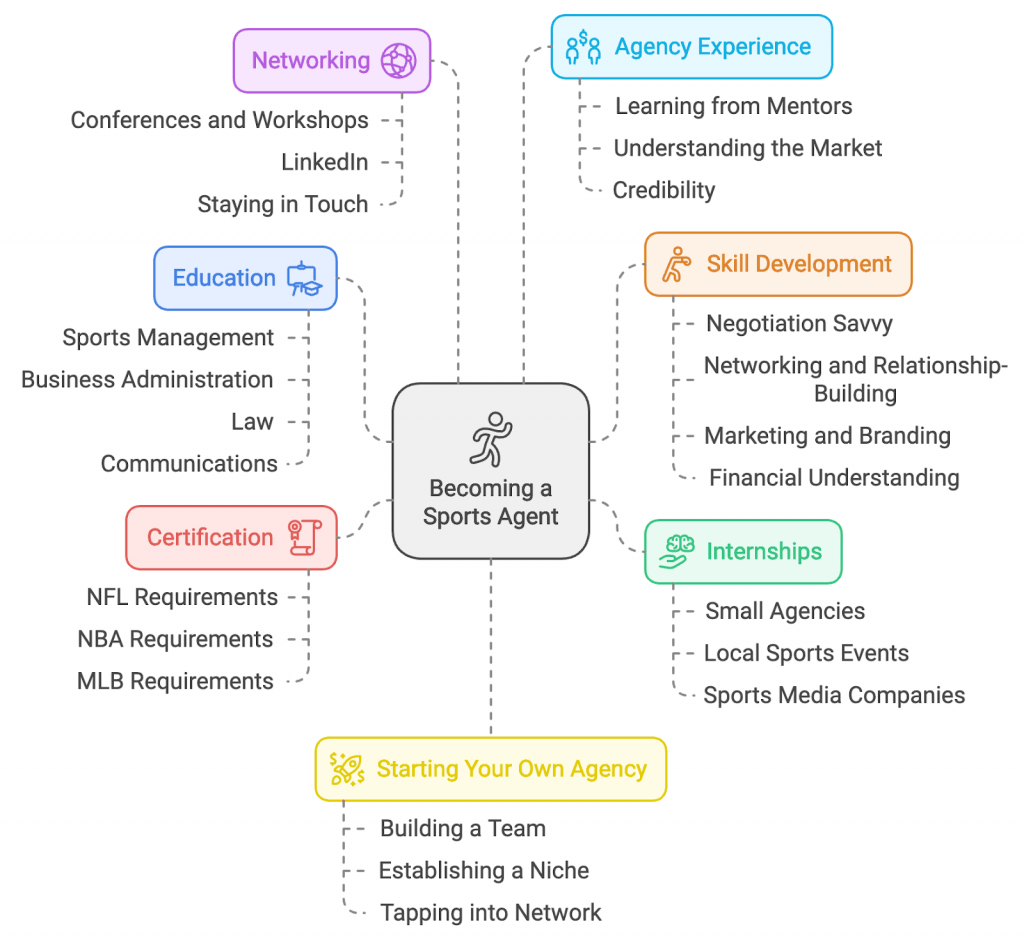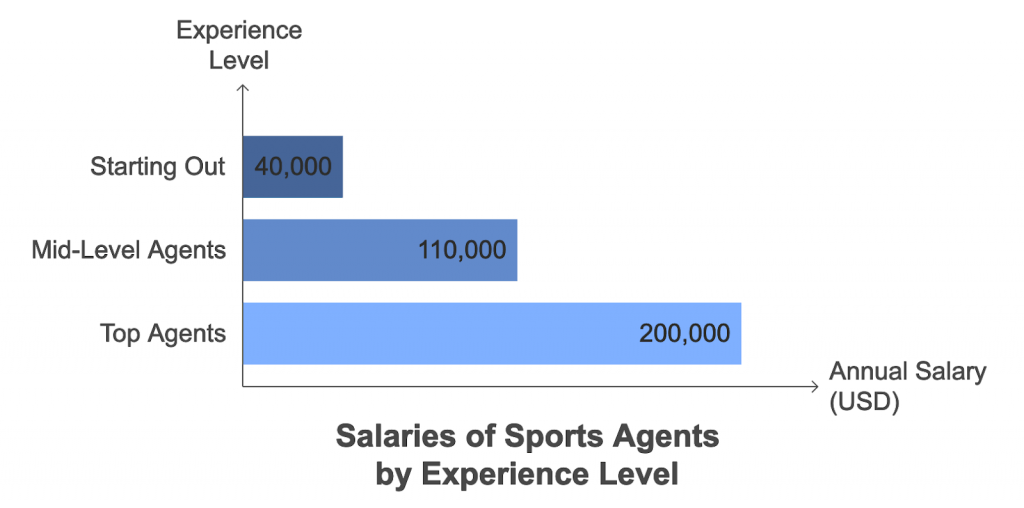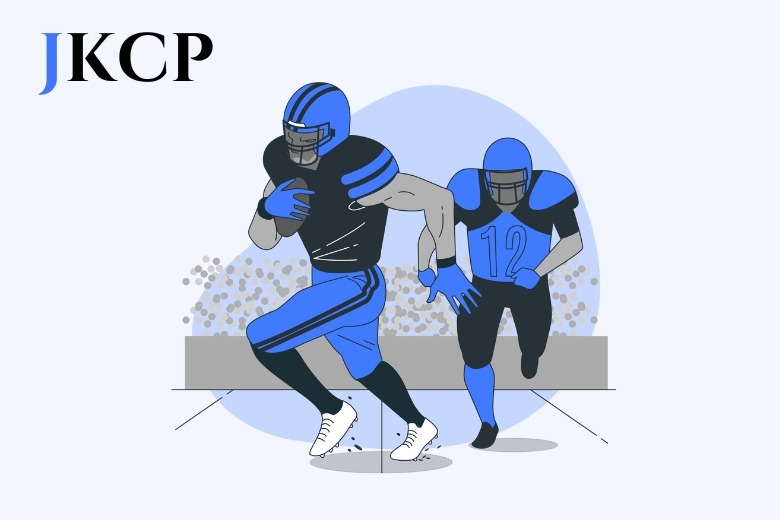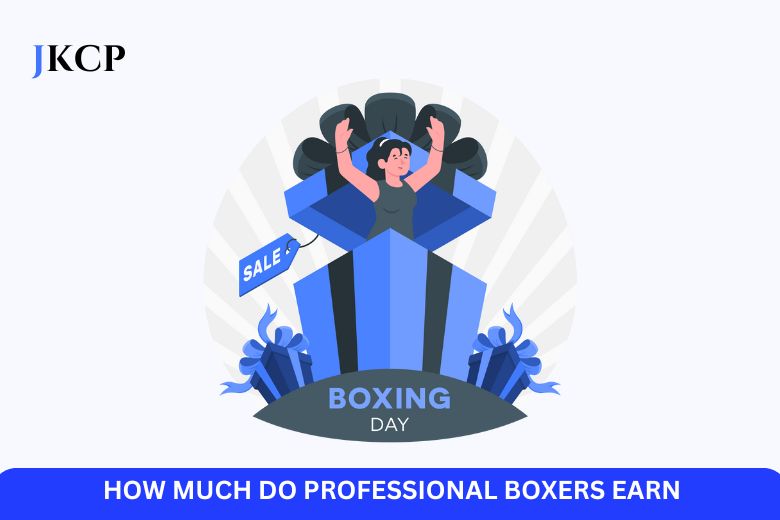How to Become a Professional Sports Agent
Dream of working with top athletes, negotiating big contracts, and helping shape sports careers? Becoming a sports agent combines a love for sports with savvy business skills. Agents are the behind-the-scenes power players, handling contracts and endorsements and guiding athletes on and off the field. Here’s your step-by-step game plan for breaking into the industry.
Inside the Role: What Do Sports Agents Really Do?
Sports agents are like coaches for every part of an athlete’s career that isn’t on the field. They negotiate contracts, handle endorsements, and manage legal and financial decisions. But being an agent also involves plenty of mentorships – helping athletes navigate career changes, advising on brand building, and ensuring they stay focused. An agent aims to secure their client’s financial success and personal growth.
Step 1: Start with a Degree that Builds Your Core Skills
Most sports agents start with a degree that covers the essentials. While a specific degree isn’t always required, studying sports management, business, law, or communications will help you build a foundation for the job. Here is the degree breakdown:
- Sports Management. Focuses on how sports organizations operate, covering areas like finance, marketing, and leadership.
- Business Administration. Great for developing negotiation, accounting, and strategic planning skills.
- Law. Contract and sports law are invaluable, since agents deal with legal agreements and player rights.
- Communications. Agents need to communicate well with teams, clients, and sponsors. Communications studies help with public relations, brand building, and negotiation.
While a degree in any of these areas can help, numerous agents also build real-world knowledge by taking on relevant internships, which brings us to the next step.
Step 2: Get Your Hands Dirty with Internships and Real-World Experience
Internships aren’t just “extras” – they’re where you’ll learn the real skills that make a successful agent. Sports agents need industry experience, and internships are a great way to gain hands-on knowledge, meet people in the field, and make yourself valuable. Interning at a sports management firm, marketing agency, or with a sports team helps you see how contracts are handled, the ins and outs of negotiations, and the daily hustle.
Unique Ways to Find Internships:
Step 3: Build a Sports Agent’s Skillset
Being a sports agent requires a specific set of skills that go beyond the classroom. Here’s a look at the key skills every agent needs and tips on how to develop them:
- Negotiation Savvy. You’ll be negotiating contracts and every dollar counts. Practice negotiation in everyday life, whether you’re bargaining at a market or discussing salary for a part-time job.
- Networking and Relationship-Building. This field is all about connections. Start early by attending sports events, engaging with industry professionals on social media, and staying connected with people from internships.
- Marketing and Branding. Athletes need to stand out. Learn the basics of personal branding and digital marketing to help clients attract endorsement deals.
- Financial Understanding. Countless agents handle basic finances for their clients, so having financial skills is essential. If your degree doesn’t cover this, consider taking finance or personal budgeting courses.
Each skill takes time to build, but every bit you learn now will help when negotiating for clients or managing their brand image.
Step 4: Get Certified to Represent Athletes in Major Leagues
To represent athletes in major sports leagues, you must be certified or licensed by the league’s player association. Each league has its requirements, so it’s essential to understand the specifics of the sport you want to work in.
Certification Requirements by League:
Check the latest rules for the league you’re interested in. Requirements can vary and often have deadlines.
Step 5: Build a Network that Opens Doors
Sports agents thrive on solid connections. Building a network can lead to opportunities, introductions to potential clients, and insights into industry trends. Start by networking at sports events, connecting with alumni, and joining sports management organizations.
Tips for Making Industry Connections:
Building strong relationships will help you understand the industry and create a network you can rely on for guidance and potential client referrals.
Step 6: Start Out at an Established Agency for Experience
Joining an established agency is frequently the best way to start. Firms like WME Sports, CAA Sports, or Octagon have resources, structured training, and experienced professionals to guide you. Working under seasoned agents helps you learn the ropes, understand the market, and get comfortable negotiating for clients.
Starting at an agency also gives you credibility. You’ll gain a network, learn from experienced mentors, and see the day-to-day operations. A plethora of agents begin here and eventually move on to represent their clients or start their agencies.
Step 7: Create Your Own Agency (If You’re Ready for It)
Once you’ve built a reputation, creating your agency can be the next big step. Starting your agency requires business skills, a strong network, and, ideally, a few clients willing to join you.
Steps to Starting Your Agency:
- Build a Team. To provide top-notch services, you’ll need experts in legal counsel, finance, and marketing.
- Establish Your Niche. Decide whether you want to specialize in one sport or a particular client demographic, like college athletes or international players.
- Tap Into Your Network. Use connections from your agency days, past clients, and industry contacts to build your client base.
Owning an agency is challenging but gives you complete control over client representation and earnings.

Salary Expectations for Sports Agents
Salaries for sports agents vary depending on experience, clientele, and the leagues you work in. Here’s a breakdown:
- Starting Out. $30,000 – $50,000, often working under senior agents or agencies.
- Mid-Level Agents. $70,000 – $150,000, especially if you represent successful clients with solid endorsements.
- Top Agents. $200,000+ annually, with some agents earning millions by representing high-profile athletes.
Top earnings come from successful endorsements, high-profile clients, and years of experience, so the longer you’re in the game, the more you can earn.

Summary
Becoming a professional sports agent takes strategy, networking, and much passion. From finding the proper education to gaining experience and building a reputation, every step brings you closer to representing the athletes you admire. Whether you’re negotiating big deals or helping athletes manage their public image, a career as a sports agent puts you right in the heart of actions!



